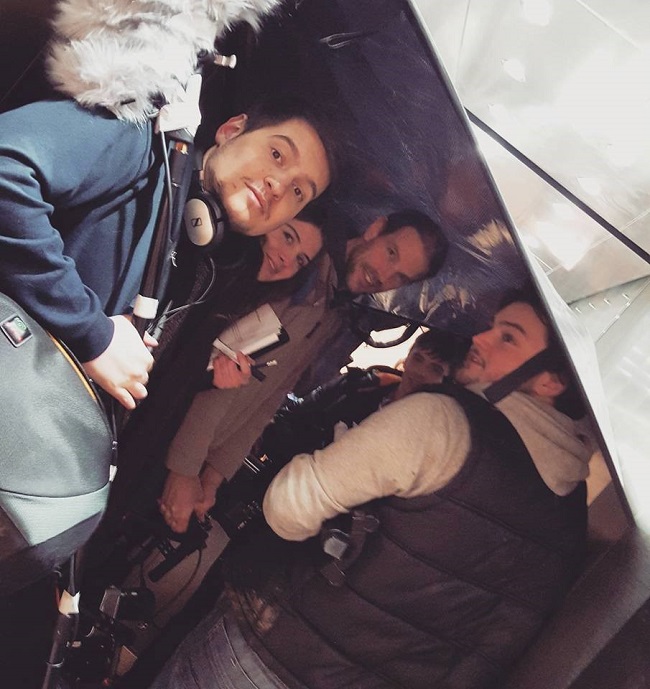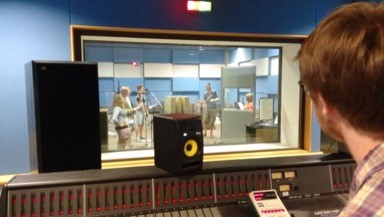Whilst studying my Masters, a well-known screenwriter gave a talk where she described her main task as juggling all the different jobs she had as a result of turning professional; writing was relatively low on the list. A few years later and coming to the end of my PhD in Creative Writing at the University of Surrey, I now understand exactly what she meant.
As a Postgraduate Research student my research takes up the greater part of my time, especially in the last few months where I have been writing up my final thesis for submission. A Creative Writing PhD consists of both a critical thesis and an interconnected piece of writing, which in my case is a novel. Practise-led projects like this are a lot of fun, but it does mean my word count just gets a lot longer.
Breaking up the research has been my teaching on a number of modules in Creative Writing, Film and Screenwriting. It’s great running seminars and workshops, reading and watching all the creative work coming from the undergraduate programmes. The timetabling also gives a semblance of structure to my week, which prevents me from neglecting my own studies.
Once both the above are out of the way, I can get down to the serious business of my own writing. Initially, this is a dysfunctional relationship between the ideas floating around my head and my computer keyboard. Words come and go and pages get written and deleted, until finally it all comes together and I’ll sit down and write a play in the space of a few weeks. I find that when I get in the ‘zone’, I’m always working on the same project, regardless of what I’m doing or where I am, desperate to get back to my computer. It’s almost as if I’m on auto-pilot for the everyday things and all of my conscious energy is re-directed to the creative part of my brain.
When the piece is finally done, the hard work starts. The trouble with plays or screenplays, is that they’re really only the blueprints for a production. So the next job in the life of a playwright is to make other people as passionate about your story and characters as you are. This is where the networks and collaborations that are possible at the University of Surrey come into their own.
Over the past few years at Surrey, I’ve been mining the great resources of talent we have in both our students and staff, especially across the Faculty of Arts and Social Sciences. Working with actors from the Guildford School of Acting (GSA), filmmakers from the Film and Video Production Technology and Digital Media Arts programmes, audio technicians and sound engineers from the Institute of Sound Recording (IoSR), and, of course, other writers from English and Creative Writing, I’ve put together collaborative projects in both radio and film. As well as producing radio plays and films, what’s most important is the connections students can make across disciplines.
It’s one such connection that culminated in one of my radio plays, Toy Soldier, being adapted for the London stage. I had worked with third year GSA students a few years ago on another radio-play about quantum physics, which we recorded in the IoSR. Since graduating a few of the actors have gone on to set up their own theatre company, Who Said Theatre, and have put on four plays in the past eighteen months. So quite naturally the conversation came up about collaborating on a production. With the Chilcot Inquiry recently being released, it seemed like the perfect timing for a play about the fall out from the Iraq war to be staged.
As a writer, I think it’s important to get out and meet people, work on collaborative projects and maintain a network that you can call upon when the opportunities come up.
It might be a romantic vision – the coffee-stained desk and overflowing ashtray, half lit next to the antiquated typing machine of the playwright’s garret – but the reality is quite different. Writing is only the tip of the iceberg.
Jonathan Crewe
University of Surrey PhD Creative Writing student
Find out more about how you can Write your Future with Creative Writing programmes at the University of Surrey.


